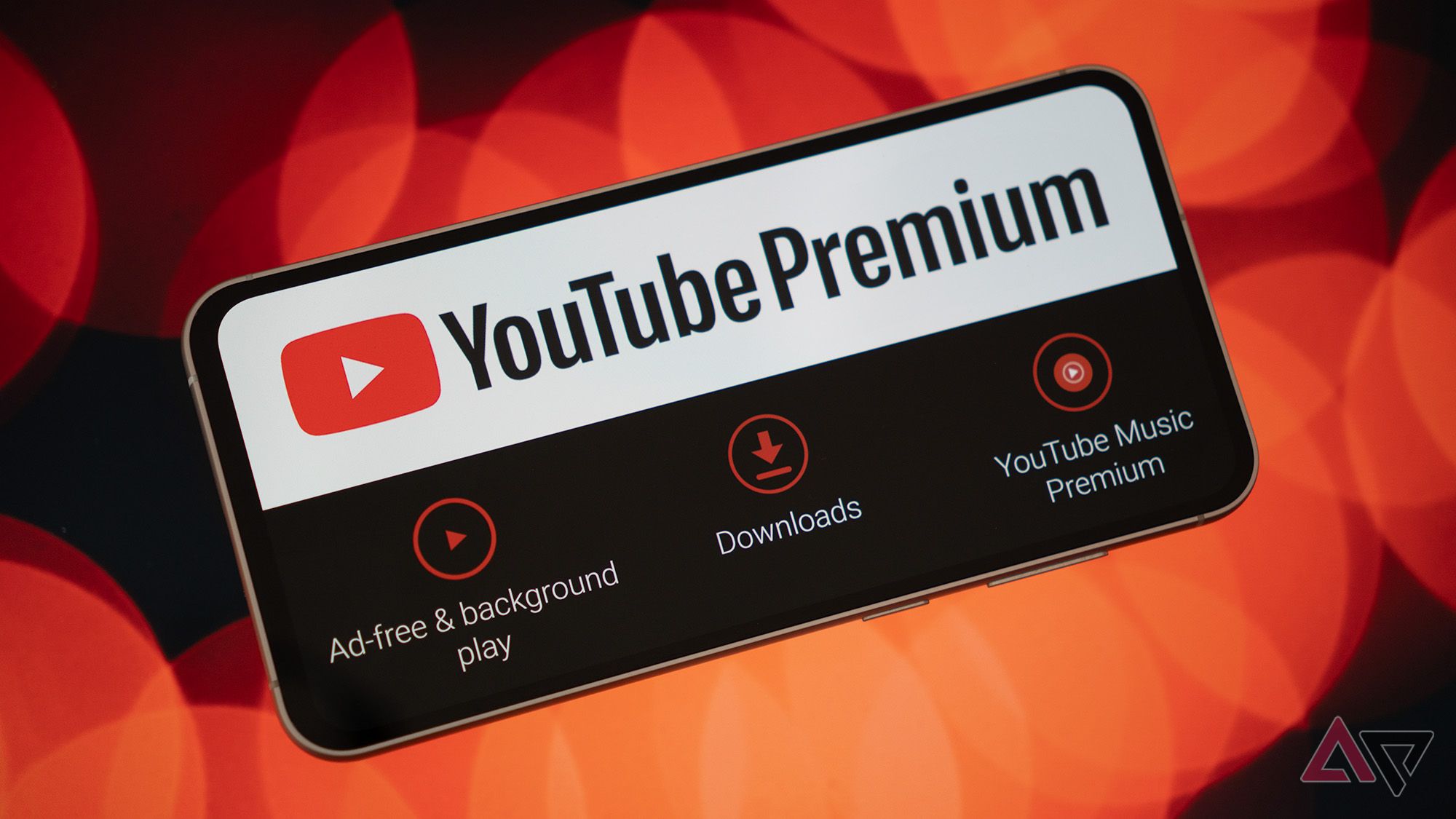
google takes epic fight to the supreme Google is taking its long-running battle with Epic Games to the US Supreme Court.
google takes epic fight to the supreme
Background of the Dispute
The conflict between Google and Epic Games has been a focal point in the ongoing debate over app store policies and digital marketplaces. The origins of this legal battle can be traced back to August 2020, when Epic Games, the developer of the popular game Fortnite, implemented a direct payment system within the app. This move was a direct challenge to Google’s payment policies, which require developers to use the Google Play billing system, allowing Google to take a commission of up to 30% on transactions.
Epic’s decision to bypass Google’s payment system led to the immediate removal of Fortnite from the Google Play Store. In response, Epic Games filed a lawsuit against Google, alleging anti-competitive practices and arguing that the company was abusing its market power to maintain a monopoly over app distribution and payment processing on Android devices.
Trial and Initial Rulings
The legal proceedings unfolded over several months, culminating in a trial that began in May 2021. In September 2021, the court ruled in favor of Epic Games on some counts, stating that Google had engaged in anti-competitive behavior. However, the court also ruled that Epic had breached its contract with Google by implementing the direct payment system.
This mixed ruling left both parties dissatisfied. Epic Games was granted a partial victory, as the court ordered Google to allow developers to use alternative payment systems. However, the court did not impose significant penalties on Google, which maintained its ability to enforce its payment policies.
Google’s Response and Subsequent Legal Maneuvers
Following the trial, Google sought to delay the implementation of the ruling through various legal maneuvers. The company filed multiple motions to stay the injunction, arguing that the changes mandated by the court could disrupt its business model and the overall ecosystem of the Google Play Store. Despite these efforts, the courts consistently rejected Google’s requests, leading to increased pressure on the company to comply with the ruling.
As the situation evolved, Google faced mounting scrutiny from regulators, developers, and consumers alike. The company’s practices in managing the Play Store and its payment systems became a subject of intense debate, with many stakeholders calling for greater transparency and fairness in the digital marketplace.
The Supreme Court Petition
In a significant development, Google has now filed a petition with the US Supreme Court, seeking to overturn the lower court’s ruling. The company is asking the Supreme Court to intervene and pause the implementation of the injunction while the case is reviewed. This petition represents a critical juncture in the ongoing legal saga, as a Supreme Court ruling could have far-reaching implications for the app ecosystem and the broader tech industry.
Legal Arguments Presented by Google
In its petition, Google argues that the lower court’s decision could fundamentally alter the way Android apps and payments operate. The company contends that the ruling undermines the security and reliability of the Google Play Store, which it claims is essential for protecting users from malicious apps and ensuring a consistent user experience.
Google also emphasizes the potential economic ramifications of the ruling, arguing that it could lead to a fragmented app ecosystem, where developers are incentivized to bypass established payment systems in favor of less secure alternatives. This, according to Google, could ultimately harm consumers by exposing them to increased risks and diminished app quality.
Implications for Developers and Consumers
The outcome of this case could have profound implications for both developers and consumers. If the Supreme Court sides with Google, it may reinforce the company’s ability to maintain its current payment policies, thereby preserving its revenue model. This would likely deter other developers from challenging Google’s practices, potentially stifling competition in the app marketplace.
Conversely, if the Supreme Court rules in favor of Epic Games, it could pave the way for greater flexibility in payment options for developers. This would allow developers to implement alternative payment systems, potentially reducing costs for consumers and fostering a more competitive environment. Such a ruling could also encourage other developers to explore similar legal challenges against major tech companies, further reshaping the digital landscape.
Stakeholder Reactions
The legal battle has elicited a wide range of reactions from various stakeholders. Developers, particularly those who have expressed frustration with the high fees associated with app store commissions, have largely supported Epic Games in its quest for greater flexibility in payment options. Many see this case as a pivotal moment in the fight for fair treatment in the digital marketplace.
Consumer advocacy groups have also weighed in, arguing that the current commission structure disproportionately affects smaller developers and limits consumer choice. They contend that allowing alternative payment systems could lead to lower prices and increased innovation in the app space.
On the other hand, some industry experts caution against the potential consequences of a ruling that favors Epic Games. They argue that a fragmented app ecosystem could lead to increased security risks for consumers, as less reputable payment systems may not offer the same level of protection as established platforms like Google Play.
Broader Context of App Store Regulations
This legal battle is part of a larger trend of scrutiny facing major tech companies regarding their app store policies. Regulatory bodies around the world are increasingly examining the practices of companies like Google and Apple, with many advocating for changes to promote competition and protect consumer interests.
In the European Union, for instance, lawmakers have proposed regulations aimed at curbing the dominance of major tech platforms and ensuring fair competition in digital markets. Similar discussions are taking place in the United States, where lawmakers are considering various bills that could impact how app stores operate.
Conclusion
The Supreme Court’s decision to hear Google’s petition marks a critical moment in the ongoing battle between the tech giant and Epic Games. As the case unfolds, it will not only shape the future of app store regulations but also influence the broader landscape of digital commerce. The implications of this ruling will be felt by developers, consumers, and tech companies alike, making it a pivotal moment in the evolution of the digital marketplace.
Source: Original report
Was this helpful?
Last Modified: September 27, 2025 at 2:40 am
0 views















